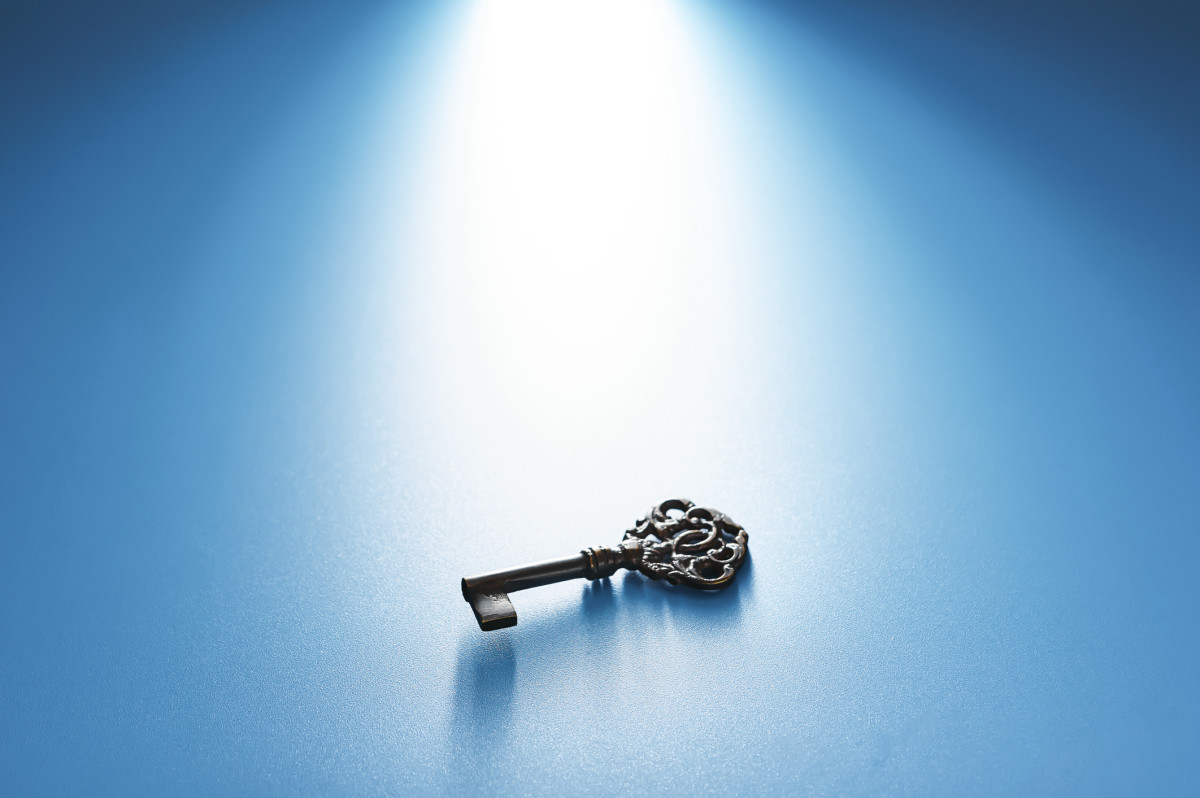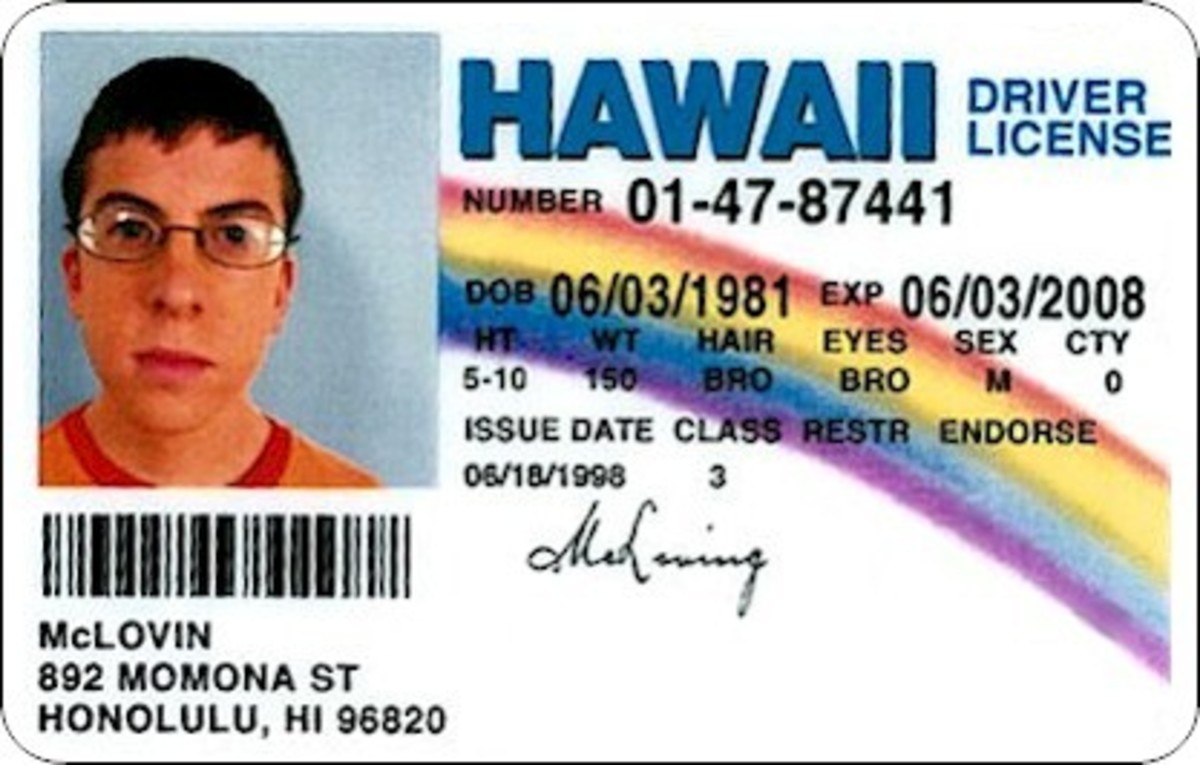Why Do What Doesn't Make You Happy? Overcoming Your Addictions to Anger, Worry and Fear

Your Attempts to be Happy are being Sabotaged—By You!
What many people do not realize about themselves is that the emotions of anger and fear drive most of our behavior. Most public-relations firms (those who write the commercials to make us want to buy things, and also those who want to manipulate public opinion for a particular cause, often political) know this, and will do their best to engage the neurotransmitters that stir up anger and fear, to cause you to act in certain ways, or to buy their products. The public-relations firms do this knowing that anger and fear will drive you to support their product or position.
However, we also are all guilty of behaviors that activate these neurotransmitters that cause us to feel anger and fear, by placing ourselves in situations where we know they will be activated, and in this way, we often develop addictions to our negative emotions, and that is the part of our lives we are directly responsible for.
That's right. I hate to tell you this, but oftentimes you are the one standing in the way of your own happiness. In fact, the key to happiness is simple--do the things you enjoy, and avoid the things you don't. (Note that I am not claiming anyone should abdicate their responsibilities, because that will not lead to long-term happiness--so don't use this as an excuse to leave someone else in the lurch, don't quit your job if you don't have another one to replace it, etc.)
Now all of us have to do things we don't care for doing. In my case, it's putting away the clean dishes and clothing. And we all have to do those kinds of things, unless we can work out a deal with someone else. But every day we have hundreds of choices that we are able to make which directly control our happiness. The problem is, that the emotions of anger and fear release neurotransmitters into our brains, and hormones into our bodies, and turn on that "flight or fight" feeling, and many people are addicted to that feeling and don't know how to stop. This article is for you, so that you can take control of your addiction to anger or fear and learn to replace those feelings with happiness!
And why should we care? Hormones that are released into the body during the emotional states of anger and fear can destroy brain cells, damage your heart, and shorten your life.
Do you want to be happy?
Get Control of Your Emotions

Identify What Makes You Feel Angry or Afraid
Are you outraged? Are you worried? Are you just plain scared? For the next few days, just identify each time you feel angry, worried, or afraid, and write down what you were doing. Was it the commute to work? A fight with your ex? Reading an inflammatory email? Something that happened or was said on a television program you were watching? A phone call with your mother? Knowing the source of these emotions and how they are prompted is the first step to getting rid of them.
These are all things we have control over, and by avoiding these situations, where possible, that cause anger or fear, we can take back control over our lives and live as happily as we are meant to live!
You May Be Addicted to Your Emotions
Now What?
Now that we've identified what makes you angry or afraid, we must learn to know what to do.
- Is there a single, identifiable action you can take to deal with this anger or fear?
If so, take this action. For example, if you've been stuck for an hour yet again in traffic, and you are angry, it's time to take a look at your chosen route. Sometimes your beliefs limit you. Yes, the freeway is supposed to be faster. Perhaps it isn't, as evidenced by the time you're stuck in traffic. Should you sit there in your car and curse other drivers, or the government, or whatever you think the problem is, and indulge that anger? No, because that will not lead to happiness. What will lead to happiness is a) writing a letter to your state's Department of Transportation, politely making them aware of the problem, or attending your City Council meetings and making them aware of the problem; and b) taking an alternate route, any alternate route, to get home. While you're doing that, why not do all your errands on the way home and save yourself some time on Saturday? You may find out that the commute is faster using the side roads, even accounting for the red lights, and because that's one less car on the freeway, the situation on the freeway will be just that slightly bit better for everyone else that is still stuck there.
- Is this an optional choice?
Was it an email, television or radio program that made you angry, afraid, or worried? I have a solution for that, too. Don't open the email. Just press delete. Many of those emails were purposely crafted in a way to play on your angers or fears. Change the channel. Many talk-radio hosts feel that it's their job to "entertain" (not inform) you, and the way many of them do it is by manipulating your angers and fears. So in this case, happiness is simple. Quit watching or listening, quit reading those inflammatory emails. If it's a political email, before you decide to get outraged, go to a neutral site like snopes.com, factcheck.org, politifact.com, or simply visit the web site of a large newspaper to verify the information. If the information is labeled as a lie, or the information isn't on a major newspaper's web site (after all, if it's really deserving of outrage, it will be reported somewhere besides just in the political blogs and email), then just delete the email. If the email tells you to forward it on to everyone you know, without telling you to call your political representative (and usually giving you the number), then you can be sure it's just designed to play on your angers or fears and manipulate your behavior to the sender's purposes. Delete the email instead. If it turns out, after fact checking, to be true, then call or email your representative, and then decide whether and to whom to forward it. If you blindly forward these emails, you are only feeding your and everyone else's addictions to these neurotransmitters and hormones that cause us to experience anger, worry, and fear.
Dealing with Work
What's Not Optional?
- Your job, if you don't have a job to replace it. Bite the bullet, and instead of being angry all the time, try to change your behavior. It's my theory that no-one can resist an unrelenting campaign of determined cheerfulness and impenetrable politeness.
- Your ex-spouse, if there are children involved. Here, too, you can't change the situation, but you can change your behavior. If your ex-spouse is constantly nagging you about visitation, child support, or something else that you should be doing anyway, try working out a solution. Instead of fighting and stirring up your anger, work together with your ex-spouse to see what you can do. Here again, cheerfulness and politeness, along with a willingness to compromise, will go a long way towards improving your situation.
Anger and Fear are Useful--Sometimes!
Anger and fear are both signals that something is wrong in our environments. Don't ignore appropriate anger and fear--the goal is to use these emotions as warning signs so that you can change something. Continual anger and fear without a sharply-defined object could mean an addiction.
The addictive states of anger and fear are easily identified through the use of both heart rate monitors, which show a paradoxical effect known as "parasympathetic overcompensation." You would expect that being angry or afraid would raise your blood pressure and heart rate, but after too much stimulation, the vagus nerve sends signals to the brain, and the brain releases acetylcholine, which then works to lower heart rate and blood pressure. The more you are in the states of anger and fear, the faster acetylcholine is released, thus confirming the addictive nature of these emotions.
What to do Now?
Now that you've identified the sources of your fear and anger, it's time to replace them with actions designed to improve your happiness. If you leave a void without replacing it, you could fall back into your old addictions, or develop new ones.
Instead of listening to talk radio on your commute, choose audiobooks, which you can download, buy, or borrow from the library. Choose to listen to subjects that will make you happy or that you are interested in, increase your business knowledge, or improve your family life, or listen to the kinds of novels you enjoy. Or try listening to soothing classical music to improve your mood.
Have all that time you used to spend watching TV and shouting at the screen? Do something positive: improve your environment, spend time with loved ones, do activities that you enjoy, like dancing, gardening or crafts, or volunteer.
There are plenty of real-world situations to be upset about. There are also many things you can do to help—write your elected representatives, or if you feel strongly enough, go to a city council meeting, school board meeting, or other official meeting and speak. If you feel even more strongly, you may want to arrange a public protest. The trick is always to identify those situations where you can do something constructive, and those situations where anger and fear are simply feeding addictions.
I am going to take positive steps to improve my happiness!
This content is accurate and true to the best of the author’s knowledge and is not meant to substitute for formal and individualized advice from a qualified professional.
© 2010 classicalgeek










